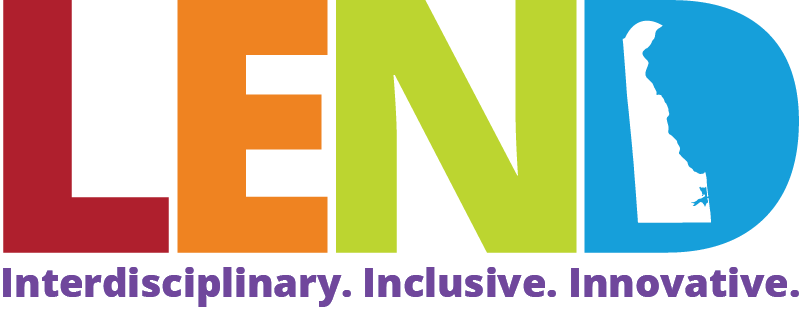
Leadership Education in Neurodevelopmental and Related Disabilities (LEND) program
LEND activities are designed to complement its trainees’ existing training programs, establish greater expertise in ASD/DD, and create a stronger sense of self-awareness and leadership in cultural competency and family-centered, interdisciplinary practice.
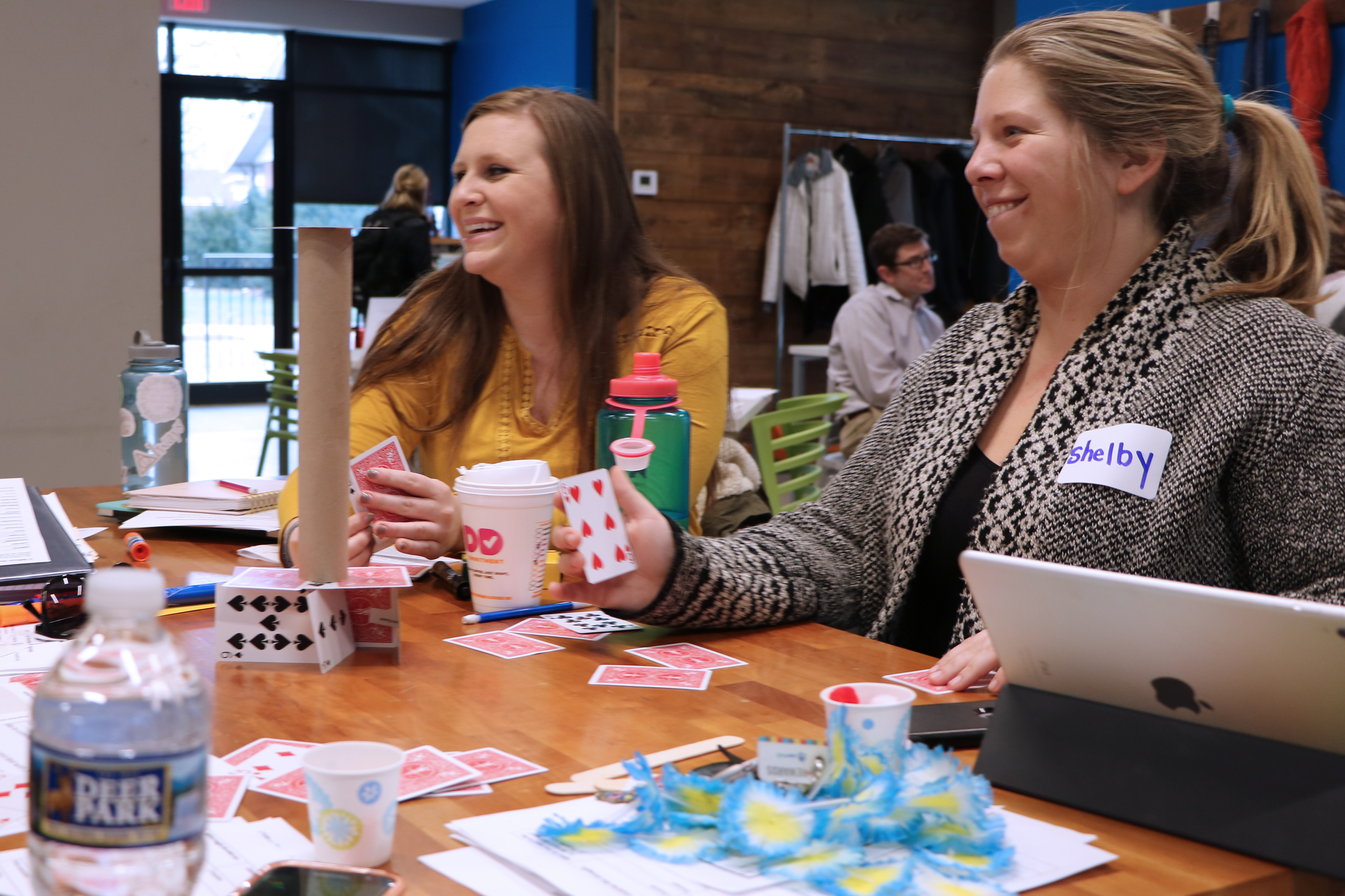
In addition to the program activities outlined below, long-term LEND trainees can attend local and regional conferences, as well as connect with the national network of LEND trainees. The following activities are offered through the LEND long-term training program. Short-term and medium-term training programs can include some of these activities.
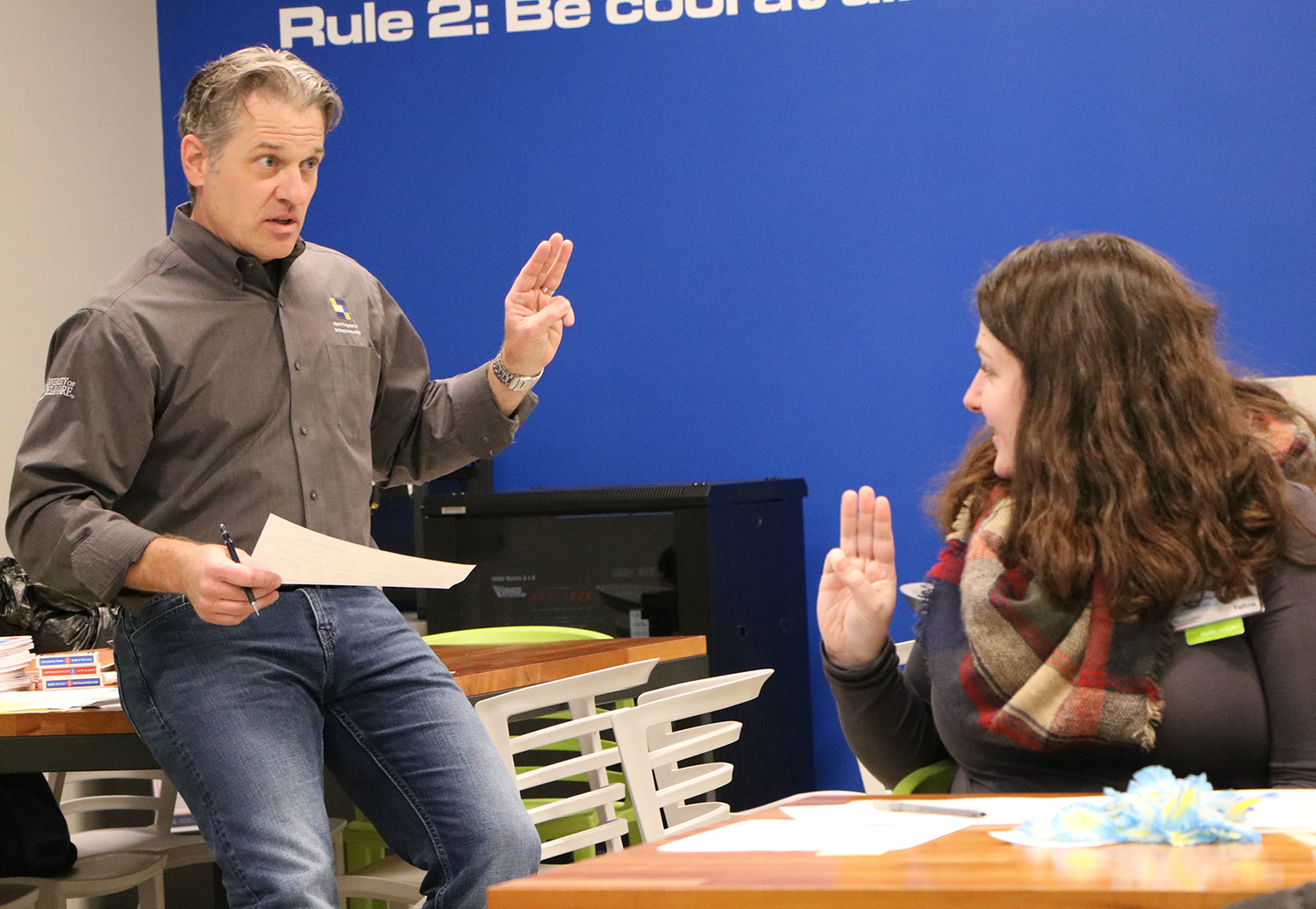
Didactic Seminars
Engaging learning sessions led by LEND faculty twice per month (typically Fridays from 2 to 5:30 p.m.). Examples of topics include early detection and early intervention, transition to adulthood, leadership, and cultural/linguistic competency. Trainees also hear directly from family members and self-advocates about their experiences.
Interdisciplinary Exploration and Reflection
In-person and online forums for reflection with mentors and fellow trainees as they relate to training experiences and assigned readings.
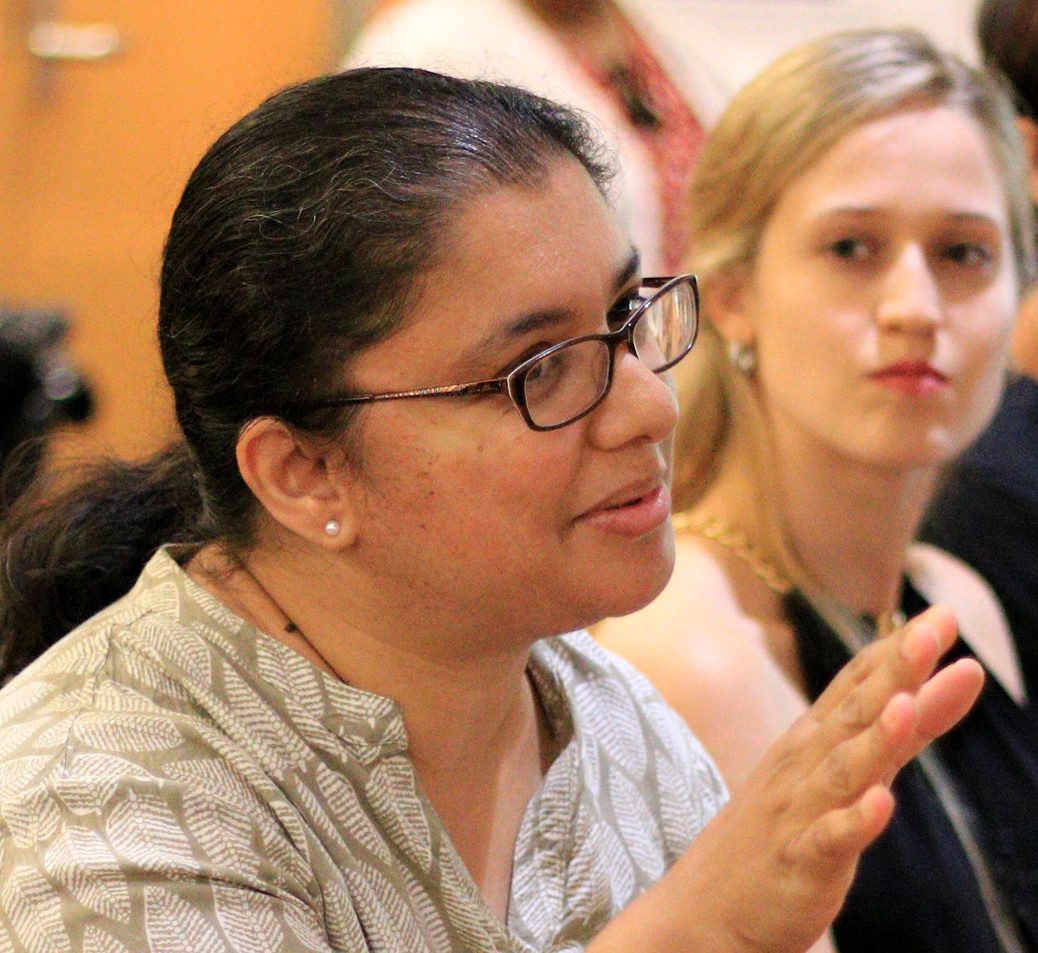
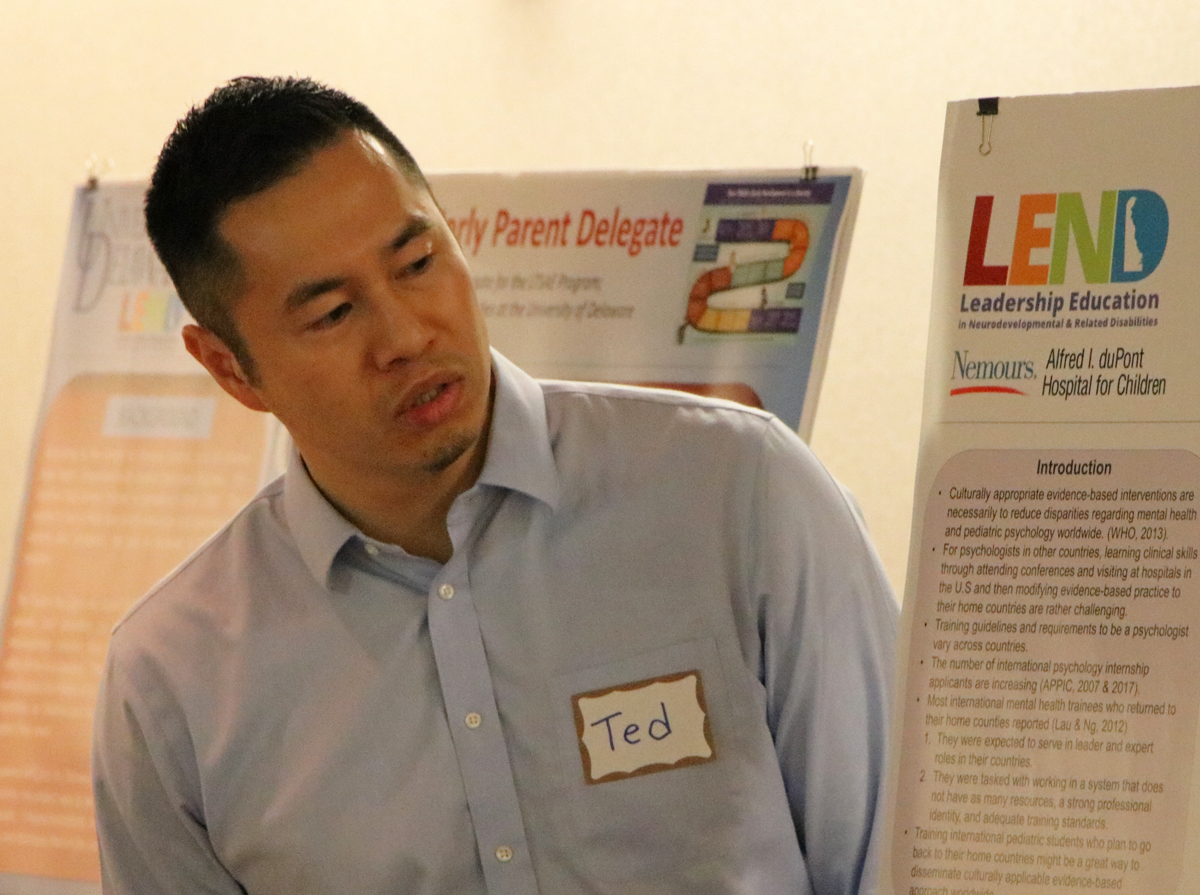
Interdisciplinary Practice Practicum
Trainees work and learn as part of a team of professionals in the field supporting people with ASD/DD and their families. Sites can include clinics, schools or other agencies.
Family Mentoring Experience
Trainees are matched with a family and learn about their everyday experiences by embedding in their daily life, such as by joining the family for evening routines, community outings, doctor appointments and IEP meetings.
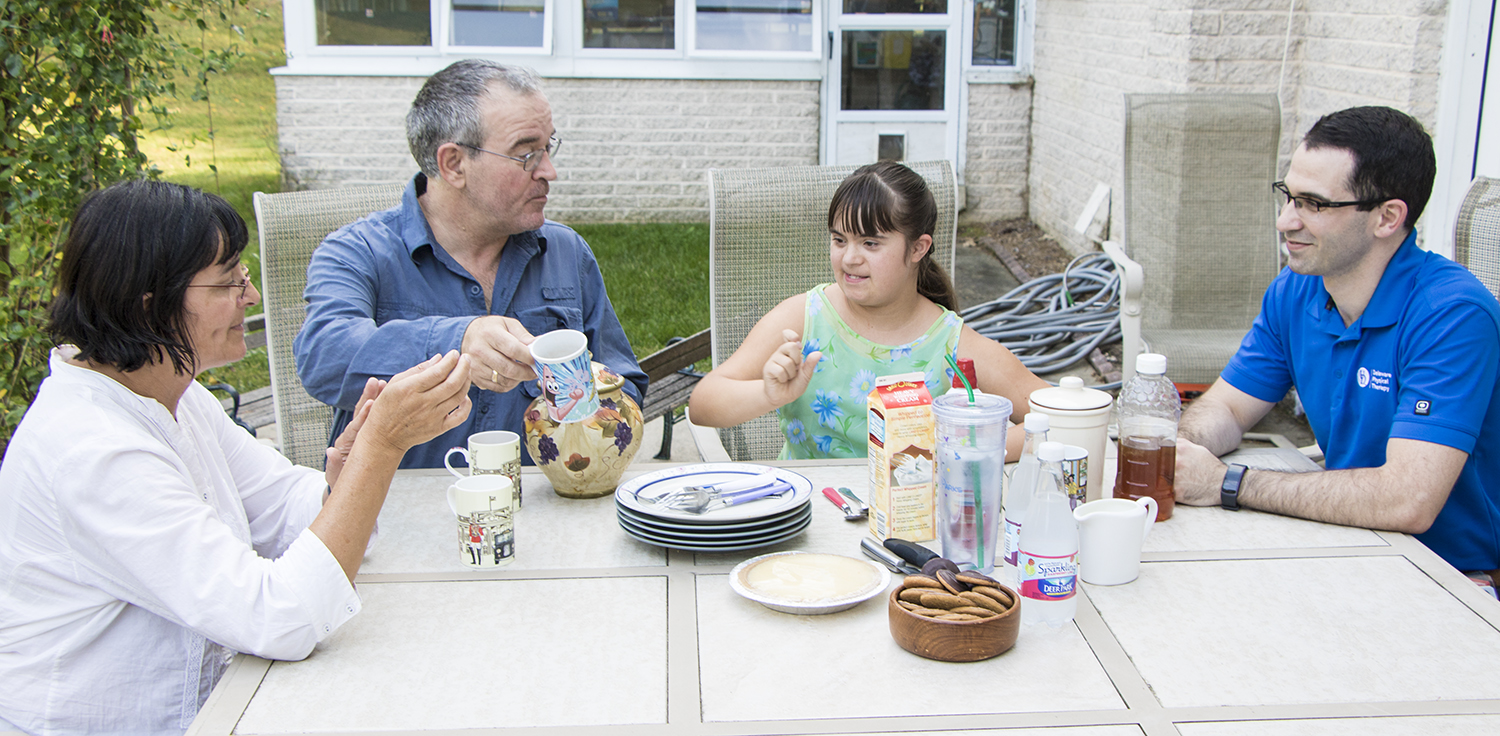
Want to become a LEND Family Mentor?
NOTE: Family Mentor applications are accepted on a rolling basis. If you submit an application beyond the deadline for that year, we will contact you and hold your application for the following year.
If you have any questions or would like a paper application, please contact Stephanie Kaznica at skaznica@udel.edu.
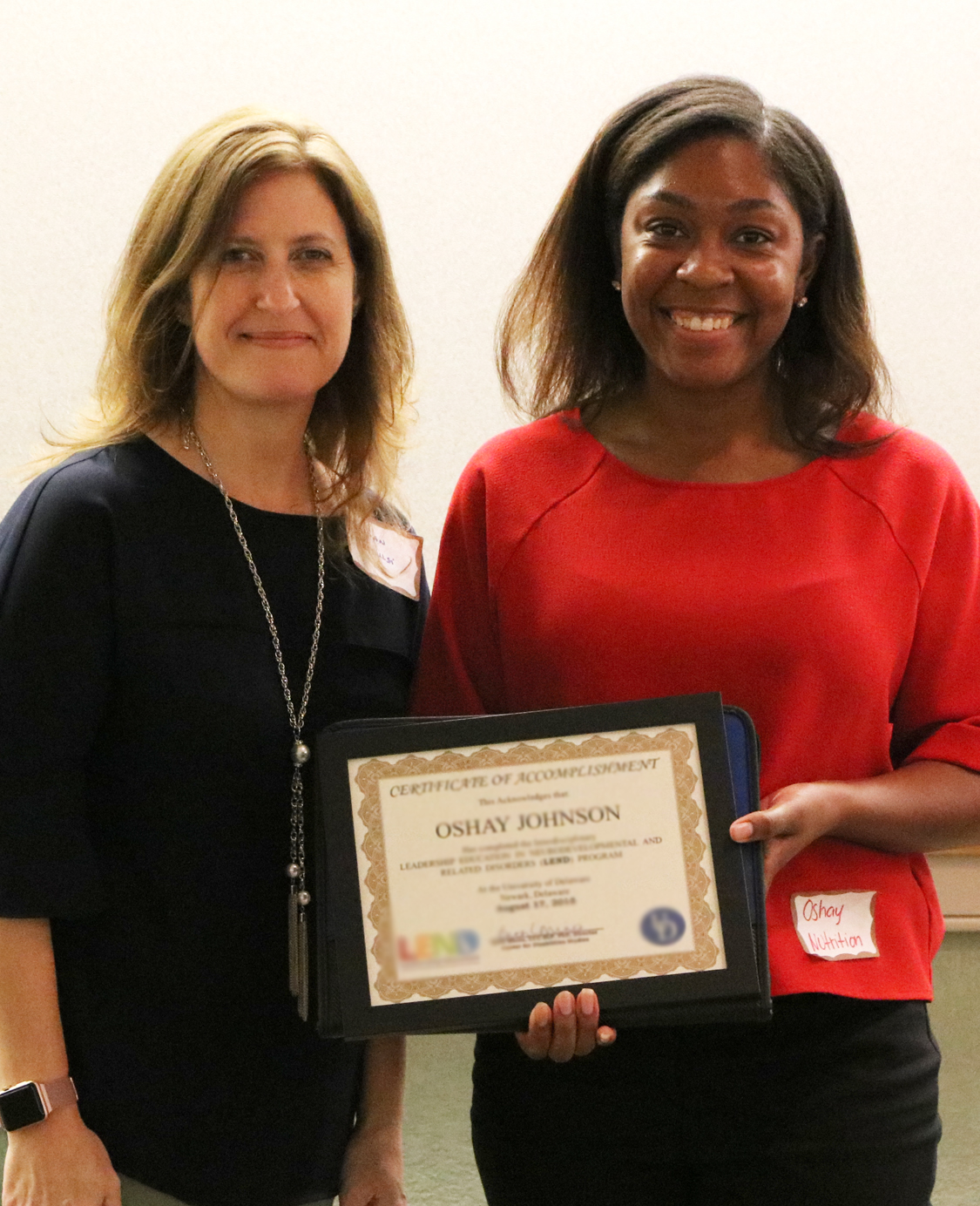
Supervision/Mentoring
Trainees meet with a designated mentor from their field on a regular basis to discuss progress, reflect on training experiences, and identify future opportunities for growth based on the trainee’s Individual Development Plan.
Clinical/Community Observation
Specialty clinics and community-based organizations offer observational opportunities for trainees to learn about the variety of services and supports for people with developmental disabilities and their families.
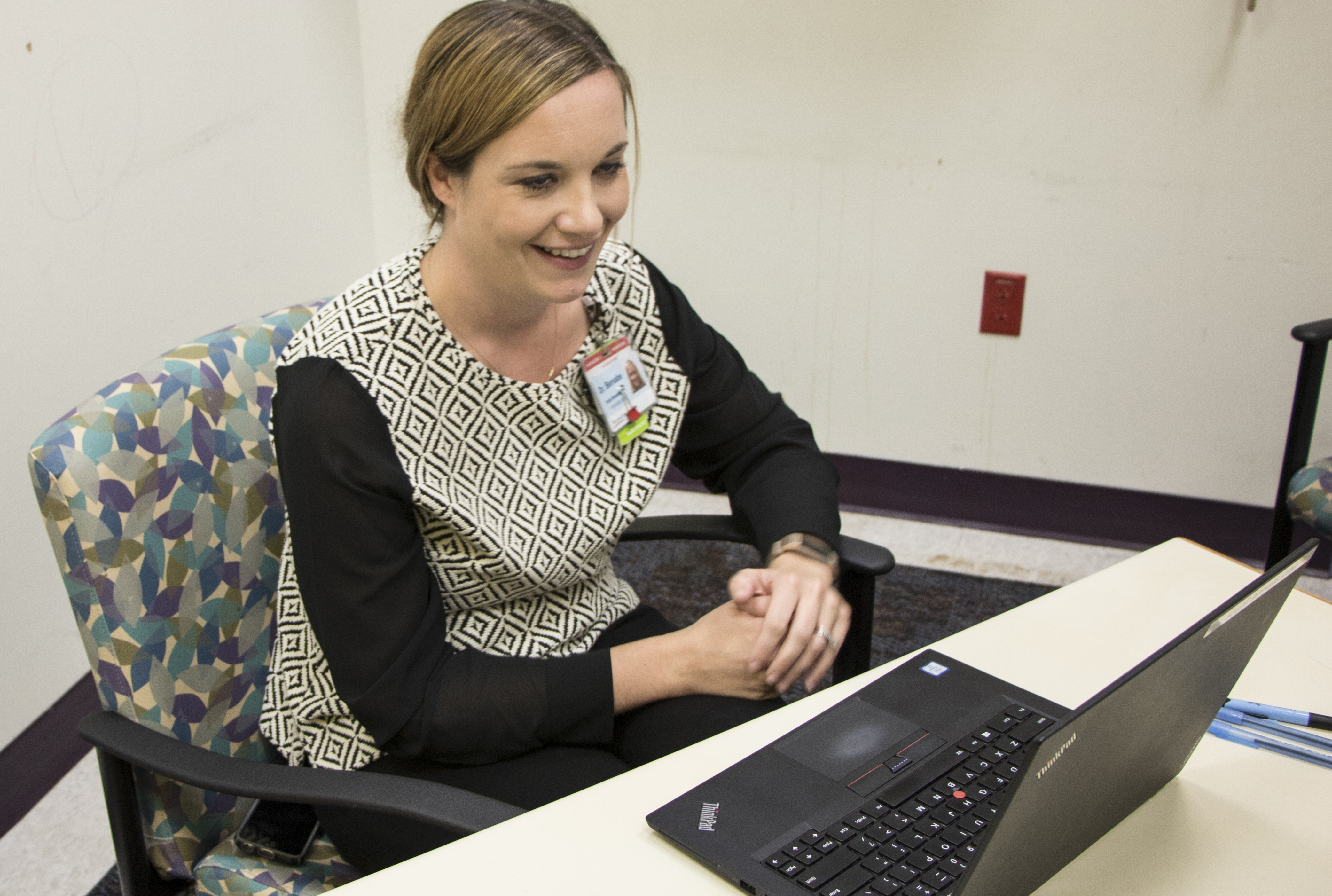
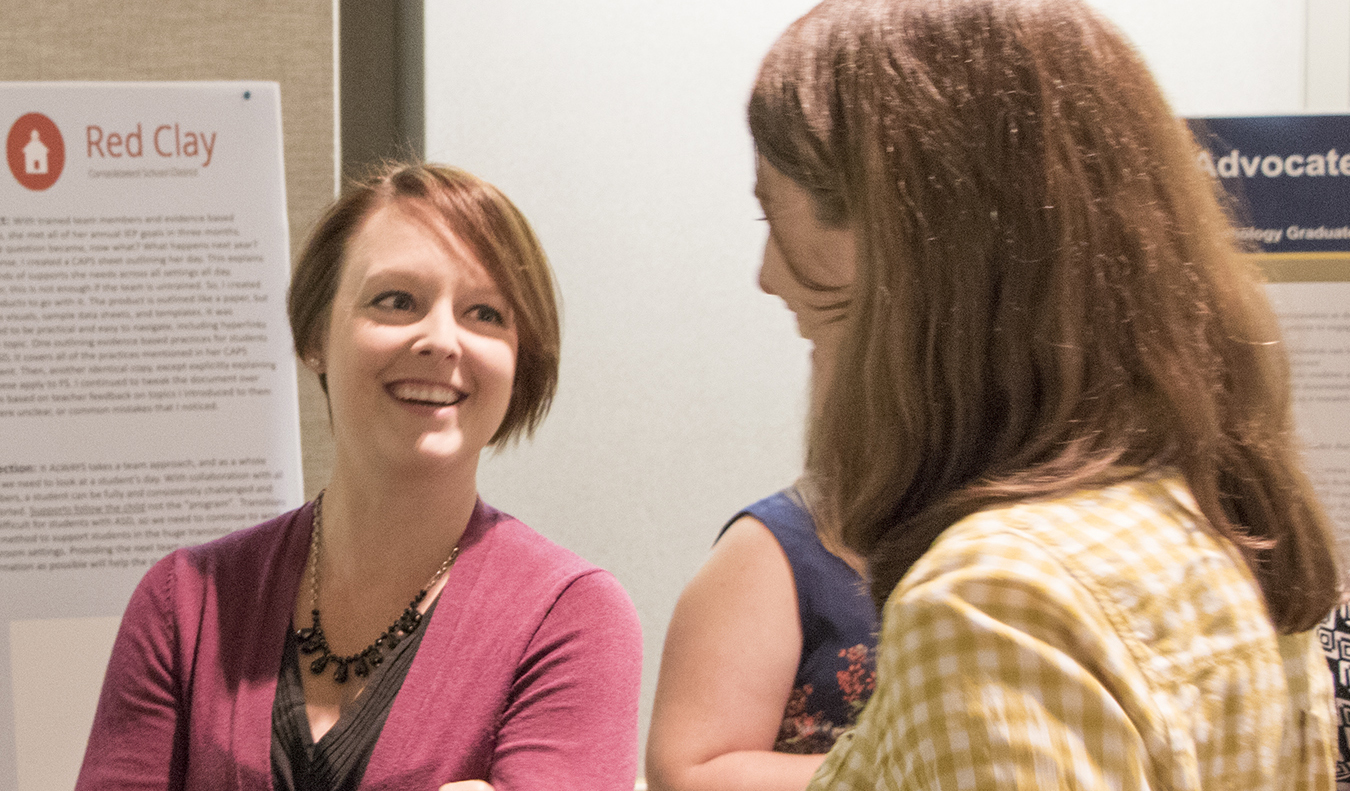
Leadership Project
In consultation with their mentor, trainees select a topic or community need to explore in-depth and offer recommendations to the field. Examples of their leadership projects can include formal research, piloting assessments and services, and developing models of training.
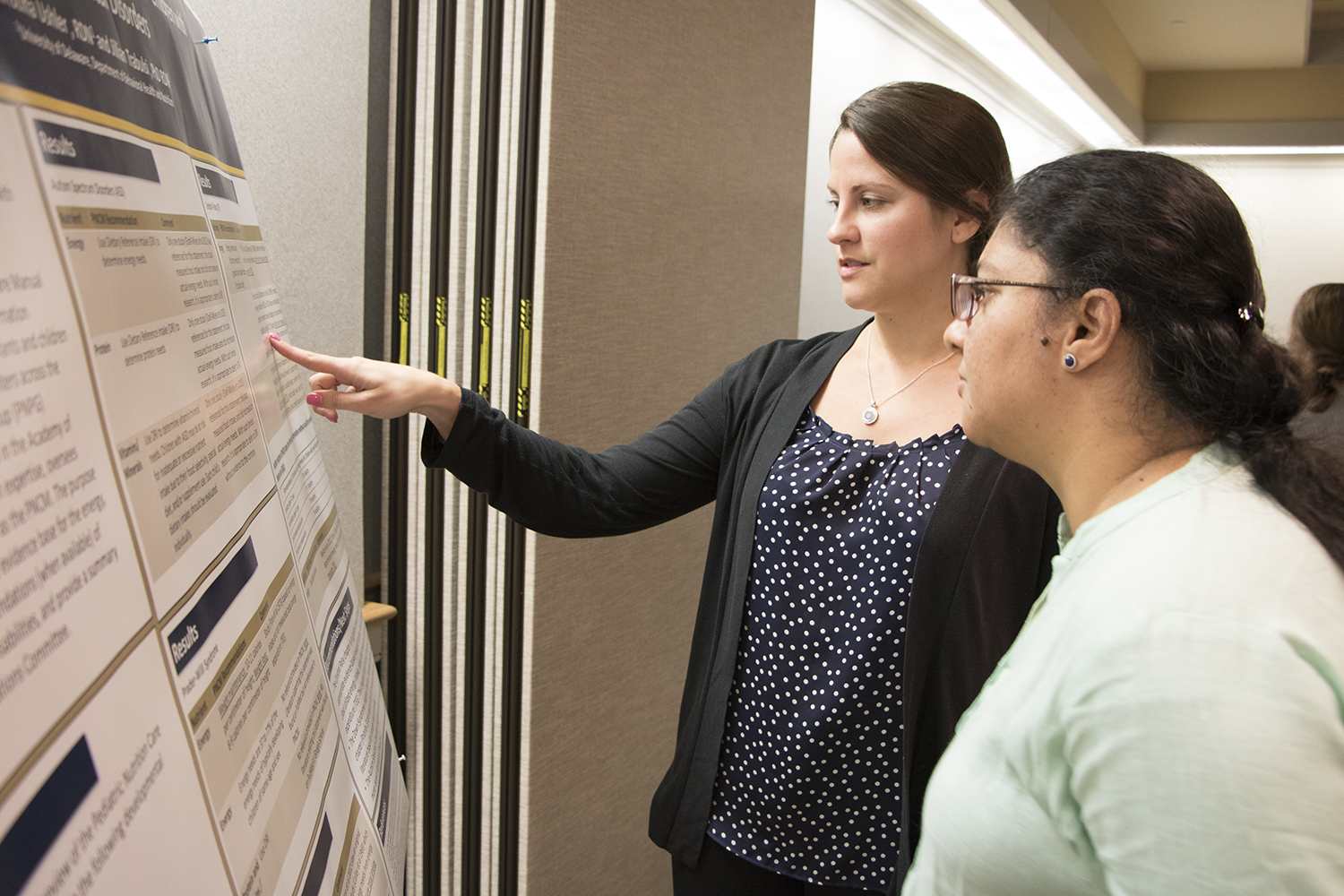
LEND activities are designed to complement its trainees’ existing training programs, establish greater expertise in ASD/DD, and create a stronger sense of self-awareness and leadership in cultural competency and family-centered, interdisciplinary practice.

In addition to the program activities outlined below, long-term LEND trainees can attend local and regional conferences, as well as connect with the national network of LEND trainees. The following activities are offered through the LEND long-term training program. Short-term and medium-term training programs can include some of these activities.

Didactic Seminars
Engaging learning sessions led by LEND faculty twice per month (typically Fridays from 2 to 5:30 p.m.). Examples of topics include early detection and early intervention, transition to adulthood, leadership, and cultural/linguistic competency. Trainees also hear directly from family members and self-advocates about their experiences.
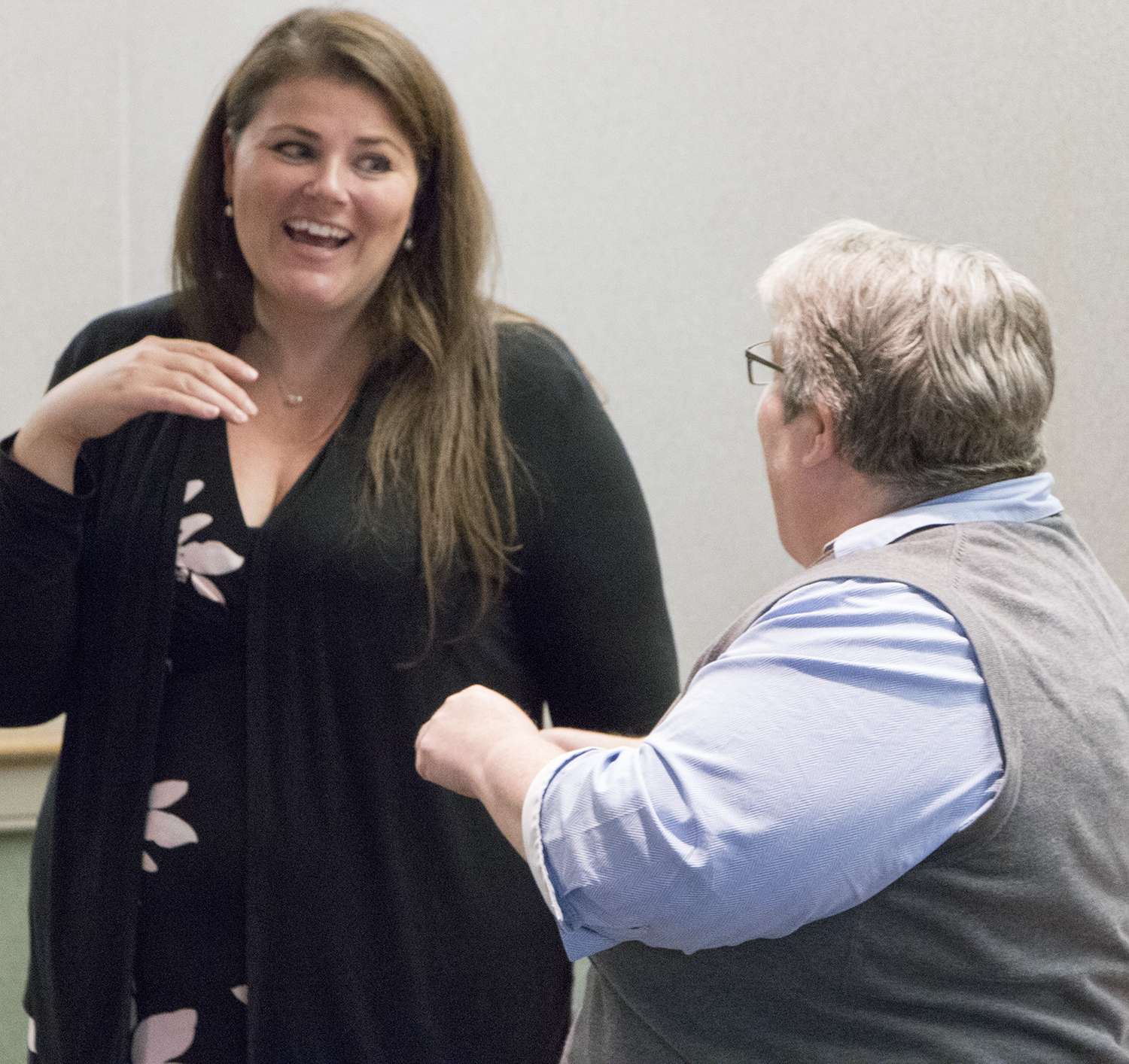
Interdisciplinary Exploration and Reflection
In-person and online forums for reflection with mentors and fellow trainees as they relate to training experiences and assigned readings.
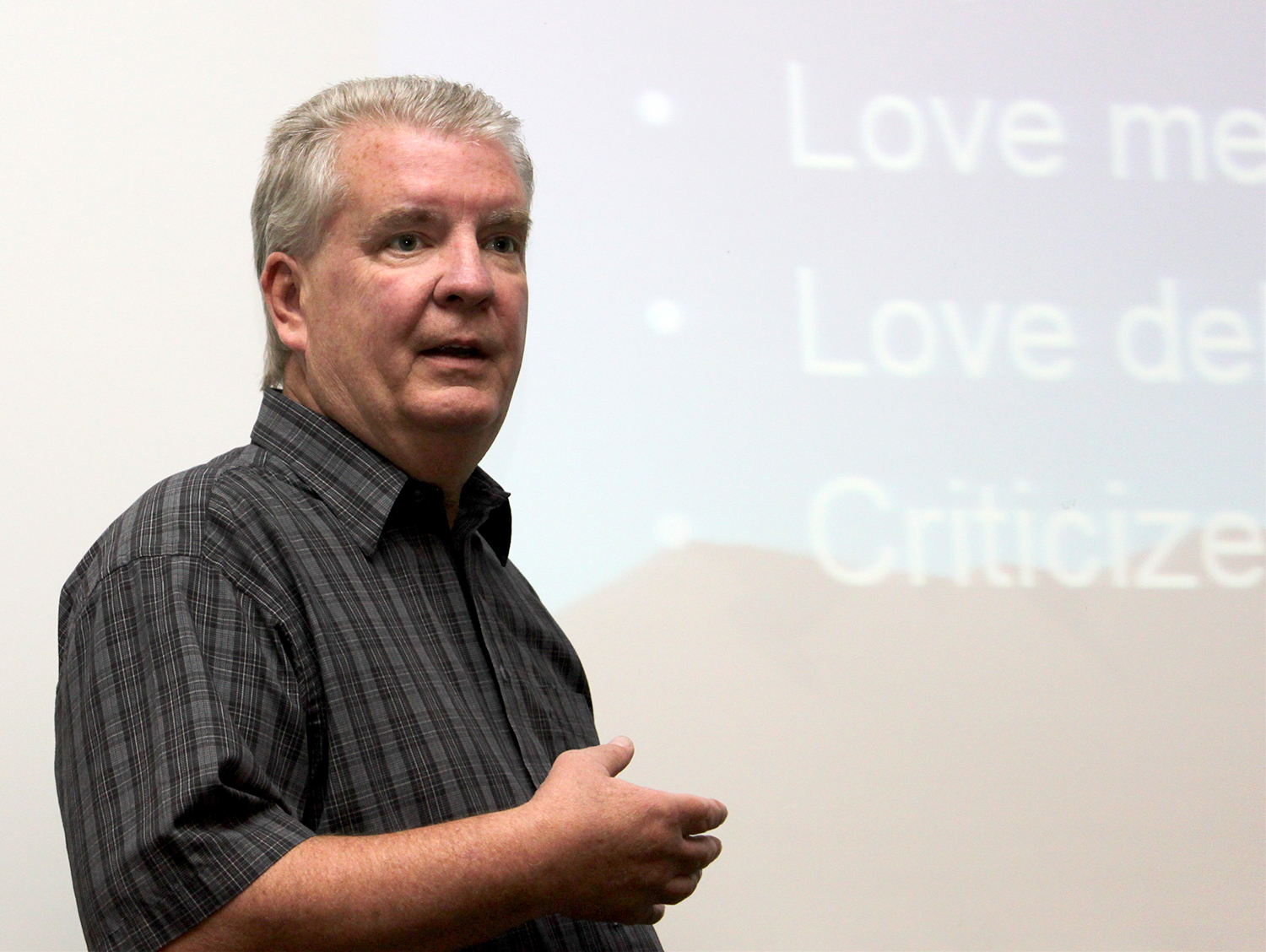
Interdisciplinary Practice Practicum
Trainees work and learn as part of a team of professionals in the field supporting people with ASD/DD and their families. Sites can include clinics, schools or other agencies.

Family Mentoring Experience – “Days in the Life”
Trainees are matched with a family and learn about their everyday experiences by embedding in their daily life, such as by joining the family for evening routines, community outings, doctor appointments and IEP meetings.
NOTE: Family Mentor applications are accepted on a rolling basis. If you submit an application beyond the deadline for that year, we will contact you and hold your application for the following year.
If you have any questions or would like a paper application, please contact Stephanie Kaznica at skaznica@udel.edu.
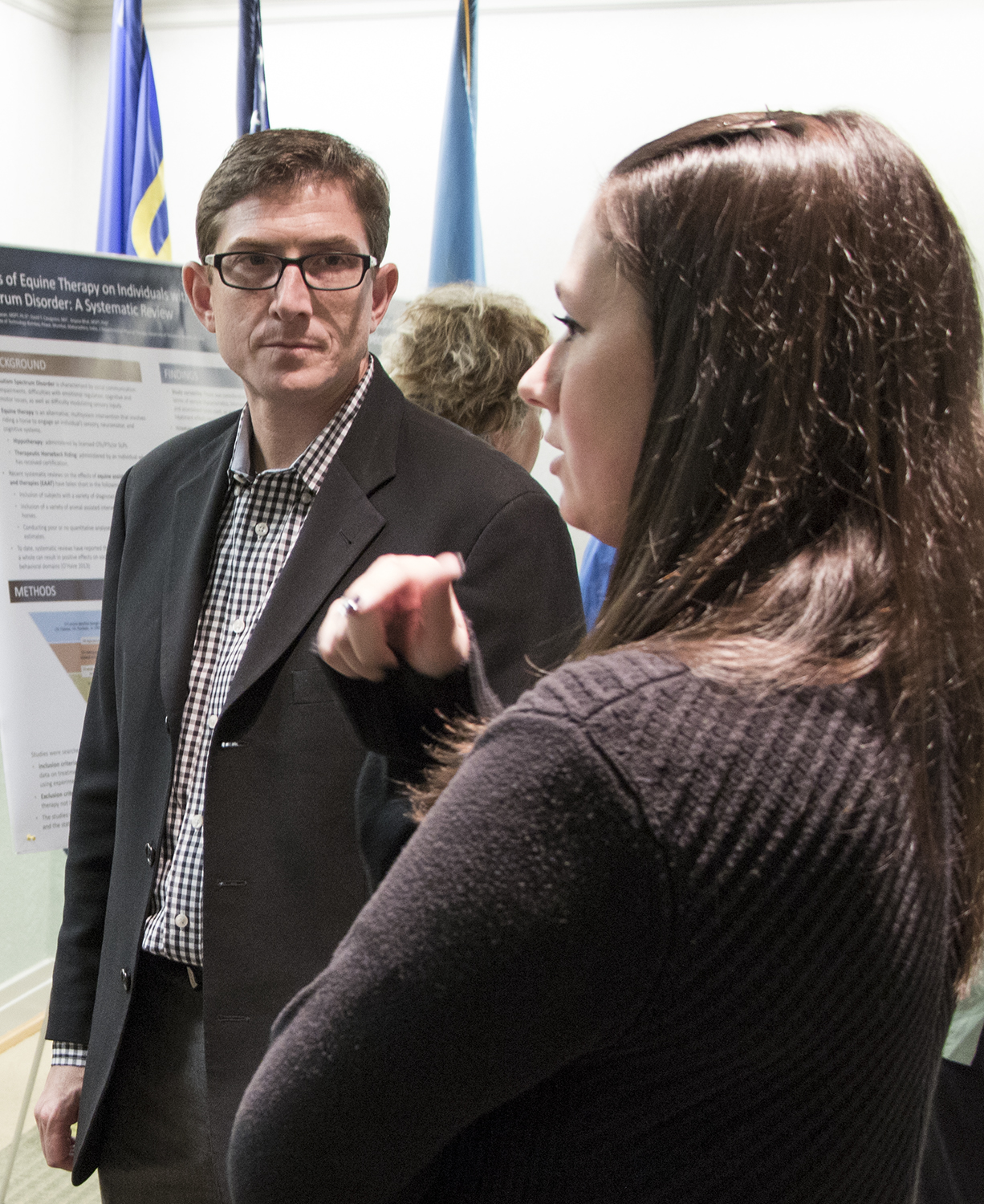
Supervision/Mentoring
Trainees meet with a designated mentor from their field on a regular basis to discuss progress, reflect on training experiences, and identify future opportunities for growth based on the trainee’s Individual Development Plan.

Clinical/Community Observation
Specialty clinics and community-based organizations offer observational opportunities for trainees to learn about the variety of services and supports for people with developmental disabilities and their families.

Leadership Project
In consultation with their mentor, trainees select a topic or community need to explore in-depth and offer recommendations to the field. Examples of their leadership projects can include formal research, piloting assessments and services, and developing models of training.

